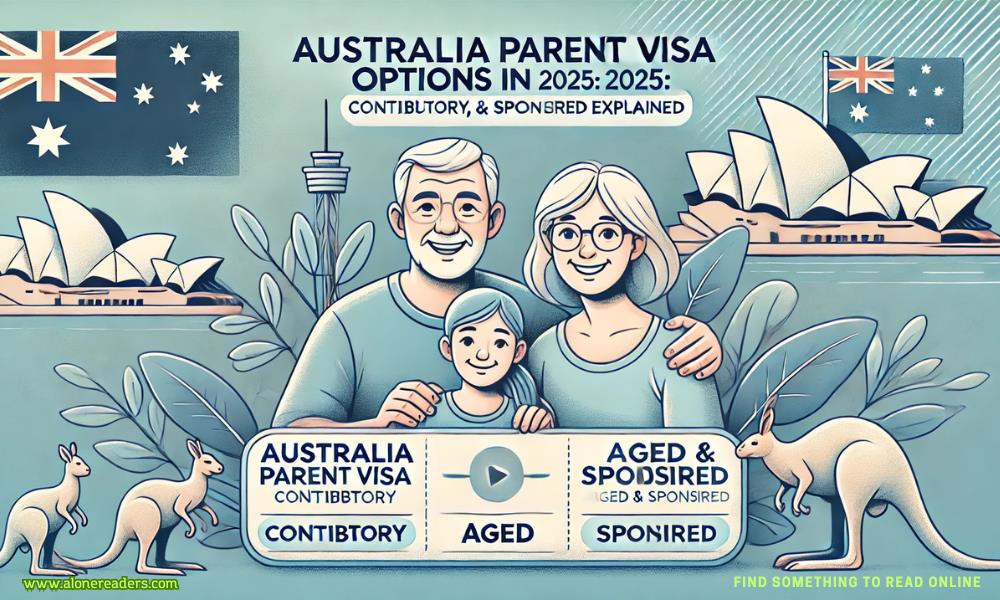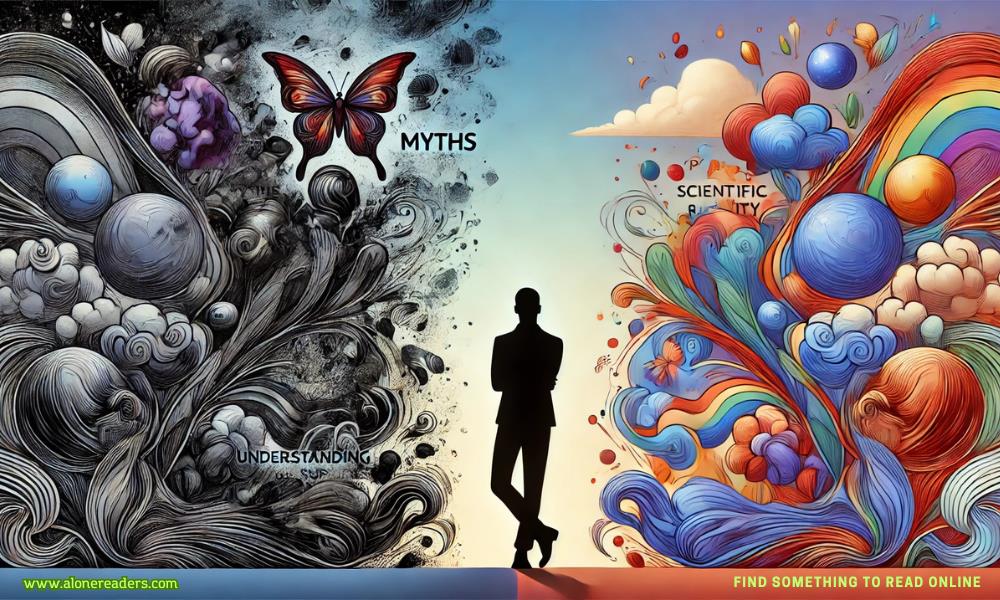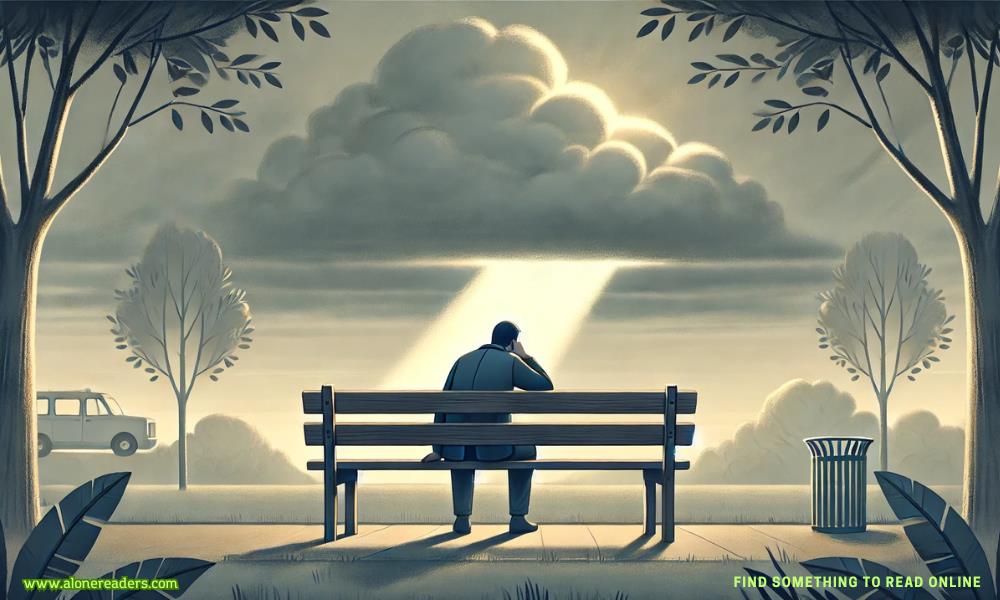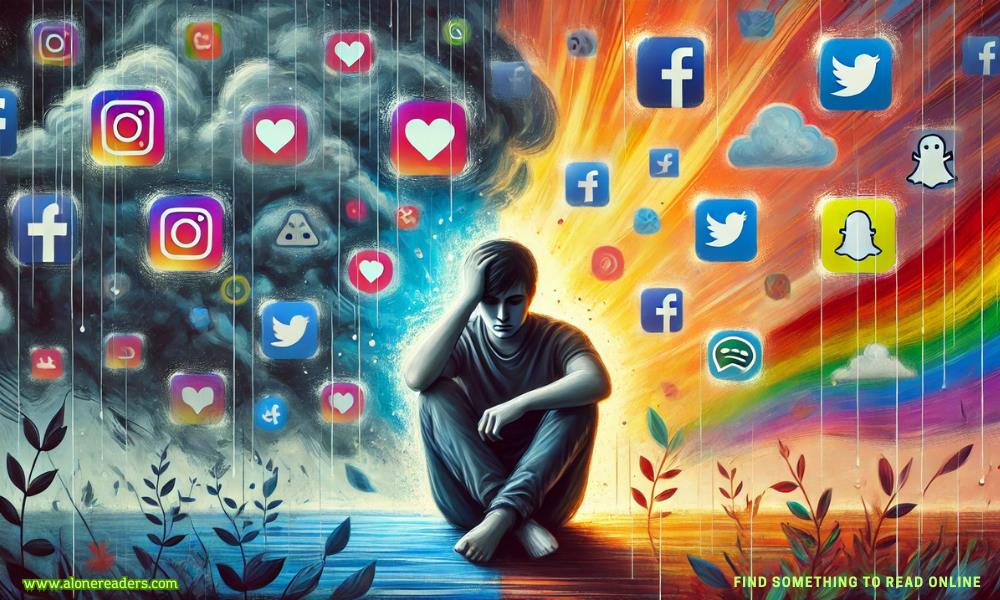Page 53 of Until Forever Falls
“I’m sorry,” I murmur, sinking into the plastic chair next to her. “I’m just—” My words stumble, exposing my anxiety.
“There’s nothing to apologize for,” Emily insists, her expression gentle. “It’s been a rough morning for all of us.”
Her kindness only intensifies the guilt gnawing at me. The Holland’s are not only anxious for their son but are also extending reassurance to me, the stranger in their family’s crisis. I wipe at the streaks of mascara I know are smudged beneath my eyes, exhaustion pressing against every part of me.
“You know,” Emily says, resting a hand lightly on my arm, “I’ve never seen my son so taken with someone. He’s grown so much this year, and I think you’ve been a big part of that.”
Her voice carves straight through my defenses before I even realize I need them. “Thank you, Mrs. Holland,” I manage, my voice uneven. “Brooks means everything to me.” The air turns frigid, slicing through the realization—he should’ve been the first person I said that too.
“Call me Emily,” she corrects.
Before I can say more, a man in a white coat appears at the end of the hall. He consults the clipboard in his hands before approaching us. “Are you the family of Brooks Holland?”
Scott rises immediately. “I’m his father,” he gestures toward Emily standing next to him. “And this is his mother.”
“How is he?” Emily asks, her earlier composure now hesitant as she stands.
The doctor pulls up a chair, sitting beside us. “I’m Dr. Abrams. Brooks’ condition is stable. There’s no indication of anything serious, but I’d like to keep him overnight for observation, just to be cautious.”
Emily’s relief is palpable. “Can we see him?”
“We can allow immediate family only,” the doctor replies. “We still have tests that need to be run.”
The clarity of his words rip through the thin thread of hope I didn’t realize I was holding onto. I won’t get to see him.
Emily notices and leans closer. “Don’t worry, sweetheart. I’ll tell him you came.” Her words slide over the raw edges of my chest, a balm too thin to soothe the ache. But the pressure inside doesn’t crack, doesn’t ease. My head dops in a silent nod—because if I try to speak, I might shatter.
As she and Scott disappear down the hallway, the space they leave behind twists in on itself. The quiet isn’t still, it pulses, scraping against my skin like something restless. The waiting room suddenly feels too small. I lurch to my feet, muscles wound too tight. The walls press in, the air stagnant—I need to get out before it suffocates me.
I weave through the sterile corridors, the sound of my chucks scuffing against the linoleum is the only thing stabilizing me. When I find the restroom, I step inside, grateful for the familiar solitude. The fluorescent lights buzz faintly overhead, harsh against the cracked white tiles.
I don’t need to be here—not for its purpose, anyway—but the bathroom has always been a refuge, a place where I can shut out the world. The faucet roars to life as I twist the handle hard, cold water slamming against the porcelain, drowning out the nerves that pulse through my veins.
I lightly pat water onto my face, the cool droplets trickling down my skin as I watch them vanish down the drain. The tremor in my hands has finally stopped, though the memory of Brooks collapsing still feels like it’s burned into me. I roll my shoulders, as if I can shake it loose.
I drift back into the hallway, but the thought of returning to the waiting room makes my skin crawl. My steps turn restless, prowling through sterile corridors, past shut doors and nurses who barely spare me a glance. The various machines hum like gnats in my ears, the smell of antiseptic thick enough to choke on. I keep moving. The further I go, the looser the grip on my sternum feels—never gone, just stretched thin enough to relax.
A soft ping from my pocket pulls me out of my thoughts. I fish out my phone and see a text notification lighting up the screen.
Beckett:Dilly, I’m here. Got something for you.
Me:Wait, wdym you’re here?
Beckett:At the hospital. Just come see.
Letting out a breath, I retrace my steps back to the waiting room. The low murmur of voices reach me before I step inside, and when I do, I see Beckett sprawled in one of the plastic chairs, the other flanking him with two cups of coffee.
He notices me immediately and straightens, gesturing for me to sit next to him. I sink into the chair without a word, and he pulls his backpack into his lap, unzipping it to reveal a familiar object: my sketchbook.
My heart lifts as I see it. “You brought that?”
“Figured you’d want something to keep your hands busy,” he challenges, pushing it into my lap. His tone remains casual, but there’s an understanding expression that makes me look away.
I open the sketchbook, flipping it to a blank page. My pencil isn’t in its usual slot, but Beckett hands it to me before I even have to ask.
“I knew you’d need it.”
“Thanks,” I rasp, my heart swelling with appreciation.
- The Sheik's Embrace by Elizabeth Lennox
- Sofa King Cute by Alexa Riley
- Family Bonds- Garrett & Justine by Natalie Ann
- Stolen Dreams by Natasha Madison
- Vendetta Crown by Brook Wilder
- Vendetta Vows by Brook Wilder
- Born into Darkness by Sonja Grey
- His Virgin Wife by Sam Crescent
- The Princess and the Pack by Fallon English
- Revival by A.M. Wilson
- Reclaimed by A.M. Wilson
- Atonement by Evelyn Montgomery
- Some Like It Royal by Heather Long
- Protected By Saint by Cassi Hart
- Getting Lucky in London by Darah Lace
- A Man of Power by S.E. Rose







